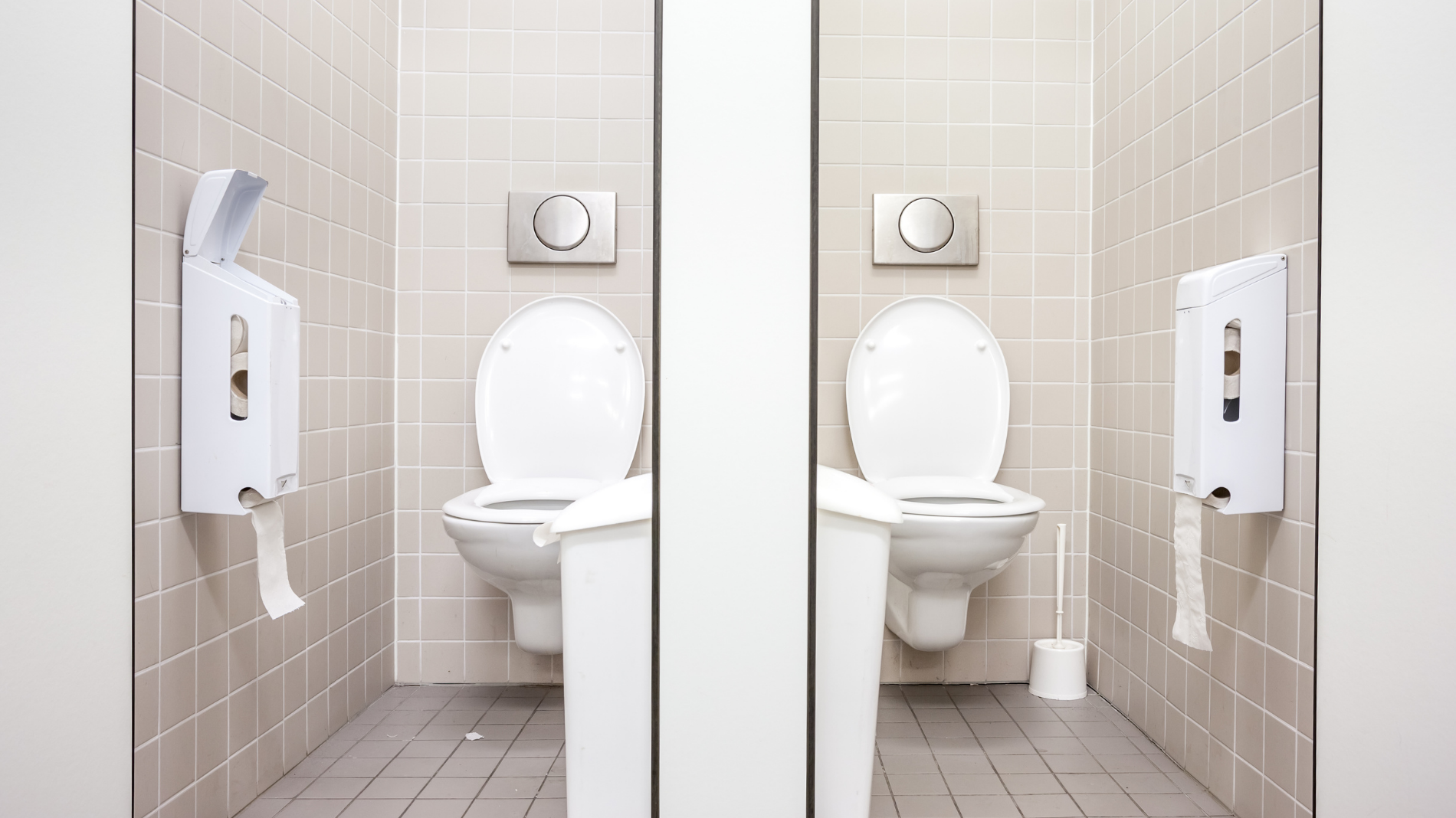During your period you may have experienced a phenomenon known as “period poops”. One of the many physiological changes that can occur during the menstrual cycle, if you’ve ever found yourself on the toilet wondering “what are period poops?” you’ve landed in the right place. In this blog, we’ll reveal why period poo happens…
Understanding your menstrual cycle
Before we can dive into the topic of period poops, it’s essential to have a basic understanding of your menstrual cycle. The menstrual cycle involves hormonal fluctuations that prepare the uterus for potential pregnancy. During this cycle, the levels of oestrogen and progesterone rise & fall, this leads to changes in the lining of the uterus and subsequent shedding during menstruation.
The digestive system & hormonal influence
Hormones play a significant role in regulating bodily functions, including the digestive system. The hormonal fluctuations during the menstrual cycle can have various effects on the gastrointestinal tract, leading to changes in bowel movements for some people.
Prostaglandins
Prostaglandins are hormone-like substances that are involved in numerous physiological processes, including inflammation and the contraction of smooth muscles. During menstruation, the uterus releases prostaglandins, which help facilitate the shedding of the uterine lining. These prostaglandins can also affect the digestive system, leading to increased contractions in the intestine. These contractions can cause more frequent bowel movements and sometimes looser stools, commonly known as “period poops”
Water retention & bloating
Another common symptom of menstruation is water retention, leading to bloating in many people. This bloating can put pressure on the intestines, causing discomfort and changes in bowel movements. The increased pressure can lead to the sensation of needing to pass stool more frequently.
Hormonal imbalance & bowel movements
Hormonal imbalances, such as elevated levels of oestrogen & progesterone, can also impact bowel movements. High levels of oestrogen can slow down the digestive process, leading to constipation, while high levels of progesterone can have the opposite effect, resulting in looser stools. It’s fluctuations in these hormones throughout the menstrual cycle that can contribute to changes in bowel habits.
Pain & discomfort
Menstrual cramps, which occur due to the contraction of the uterine muscles, can also affect the digestive system. The pain signals from the uterus can cross over to nearby structures, such as the bowel, leading to discomfort and changes in bowel movements.
How to manage period poops
Whilst period poops may be inconvenient and uncomfortable for some people, there are strategies to manage these digestive changes.
- Diet: ensuring you consume a balance diet rich in fibre can promote regular bowel movements and help alleviate constipation. Additionally, staying hydrated is crucial to maintain healthy digestion.
- Gentle exercise: engaging in light physical activity, such as walking or yoga, can stimulate bowel movements and easy discomfort.
- Heat therapy: applying a heating pad or hot water bottle to the abdomen can help relax muscles and alleviate cramping and discomfort.
- Seek medical advice: if you're in pain or symptoms are effecting your daily life, make sure you seek medical advice.
Period poops, explained
So, “period poops” are a common phenomenon experienced by some people during menstruation. Hormonal fluctuations, particularly the release of prostaglandins, water retention and uterine cramping can all influence the digestive system, resulting in changes in poop habits.
Whilst period poops can be uncomfortable and inconvenient, adopting a healthy & active lifestyle, implementing self-care strategies and seeking medical advice is necessary can help manage symptoms. Remember: your experience is completely unique and it’s always essential to listen to your body and prioritise your wellbeing.
Blog disclaimer
Our blog is intended to share information and ideas around periods, health, and sustainability. While we do our best to keep content accurate and up to date, things can change over time. The information here is not intended as medical advice — for any health-related concerns, please consult a qualified healthcare professional. For more information on our claims, please see our Claims Page, and for the most up-to-date product information, please visit our Product Pages.





